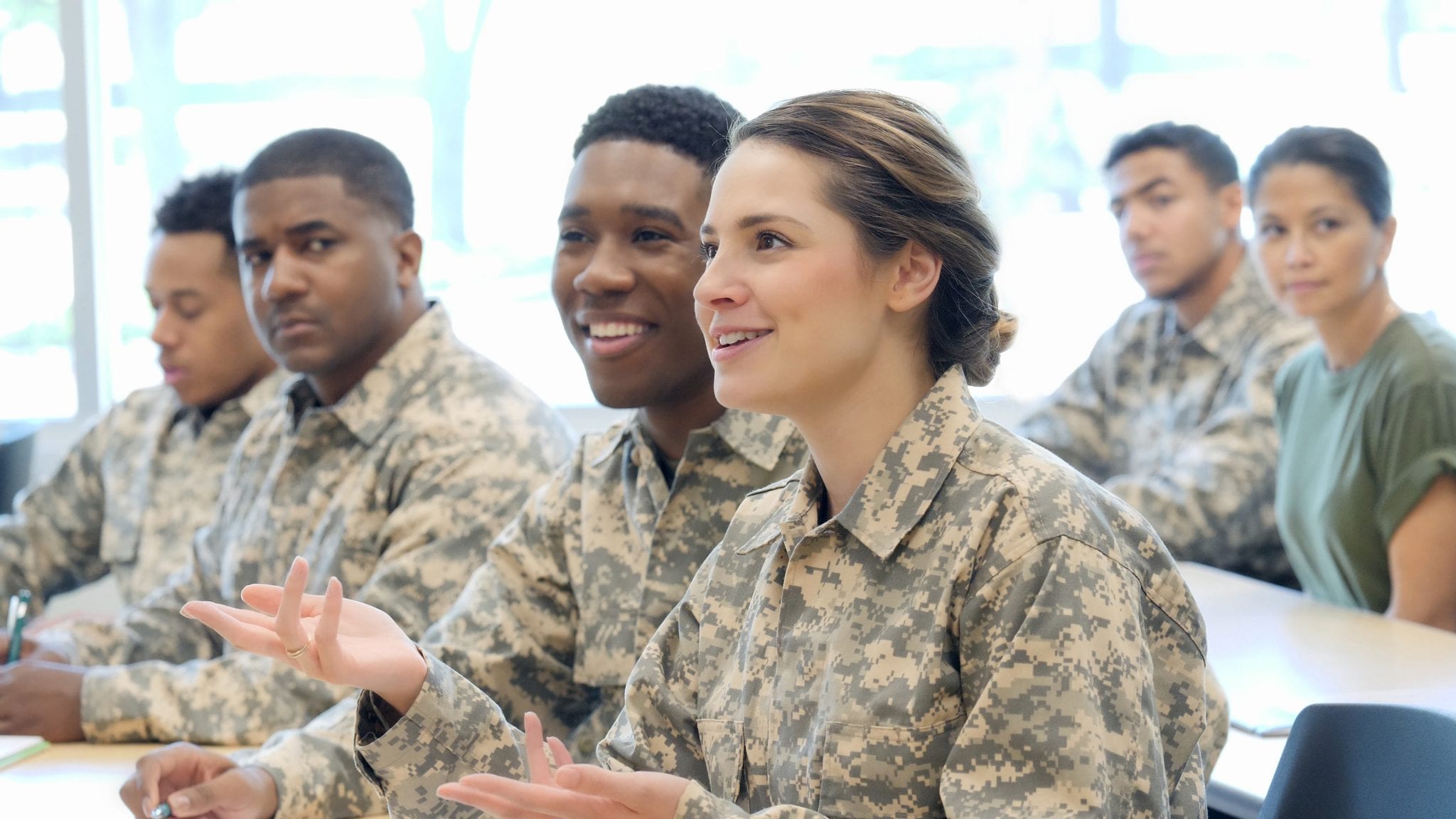Written by: Lakshmi Mahadevan, Ph.D., Associate Professor and Extension Specialist – Special Populations, Texas A&M AgriLife Extension Service.
According to the American Foundation for Suicide Prevention, on average, 123 people die by suicide each day. In addition, nearly one in five U.S. adults live with a mental illness (NIMH, 2020).
Since May is designated Mental Health Awareness Month, I want to bring attention to a notable resource that is available for military helping professionals as they work with service members and their families.
As a fellow friend, colleague, relative, parent, good Samaritan – we would all like the tools to help someone facing possible mental health challenges. Mental Health First Aid (MFHA) teaches you how to identify, understand and respond to signs of mental illness and substance use disorders. This training gives you the skills you need to reach out and provide initial support to someone who may be developing a mental health or substance use problem and help connect them to the appropriate care.
Most of us would know how to help if we saw someone having a heart attack—we’d start CPR, or at the very least, call 9-1-1. But too few of us would know how to respond if we saw someone having a panic attack or if we were concerned that a friend or co-worker might be showing signs of alcoholism.
Mental Health First Aid takes the fear and hesitation out of starting conversations about mental health and substance use problems. It allows for the individuals to improve understanding of mental health challenges and related concerns. Essentially MHFA teaches people to safely and responsibly identify and address a potential mental illness or substance use disorder by using an action plan.
Mental Health First Aiders:
- Learn to recognize signs and symptoms of mental health challenges in people they work with or care about.
- Understand that they are not diagnosing, but simply being cognizant of a possible concern.
- Know that recovery from mental health challenges is possible and that the earlier someone seeks help the better.
- Have an awareness that cost, stigma, access and fear can act as deterrents to someone seeking professional help.
- Know to be patient, calm, nonjudgmental, reassuring and to provide “hope with facts” when supporting someone through a mental health crisis or challenge.
- Know that timely MHFA can prevent situations such as suicidal thoughts, non-suicidal self-injury, psychotic episodes, substance use from becoming a crises.
- Have knowledge of non-linear ALGEE – the first aid model that begins with the sentence: “I am concerned about you.”
- Have an awareness that their MHFA will begin individuals on a path to self-help, seeking professional help and recovery.
- Learn that while an MHFA may not be as effective in some cases, it is still worth a try.
- Know that they are equipped with the tools to provide timely help to more and more people who are in need.
- Learn that they can save lives.
If you or someone you know is in crisis, contact the Suicide Prevention Lifeline at 1-800-273-TALK (8255), or dial 911 in case of emergency.
For additional resources on mental health or to become a Mental Health First Aider go to: MHFA













